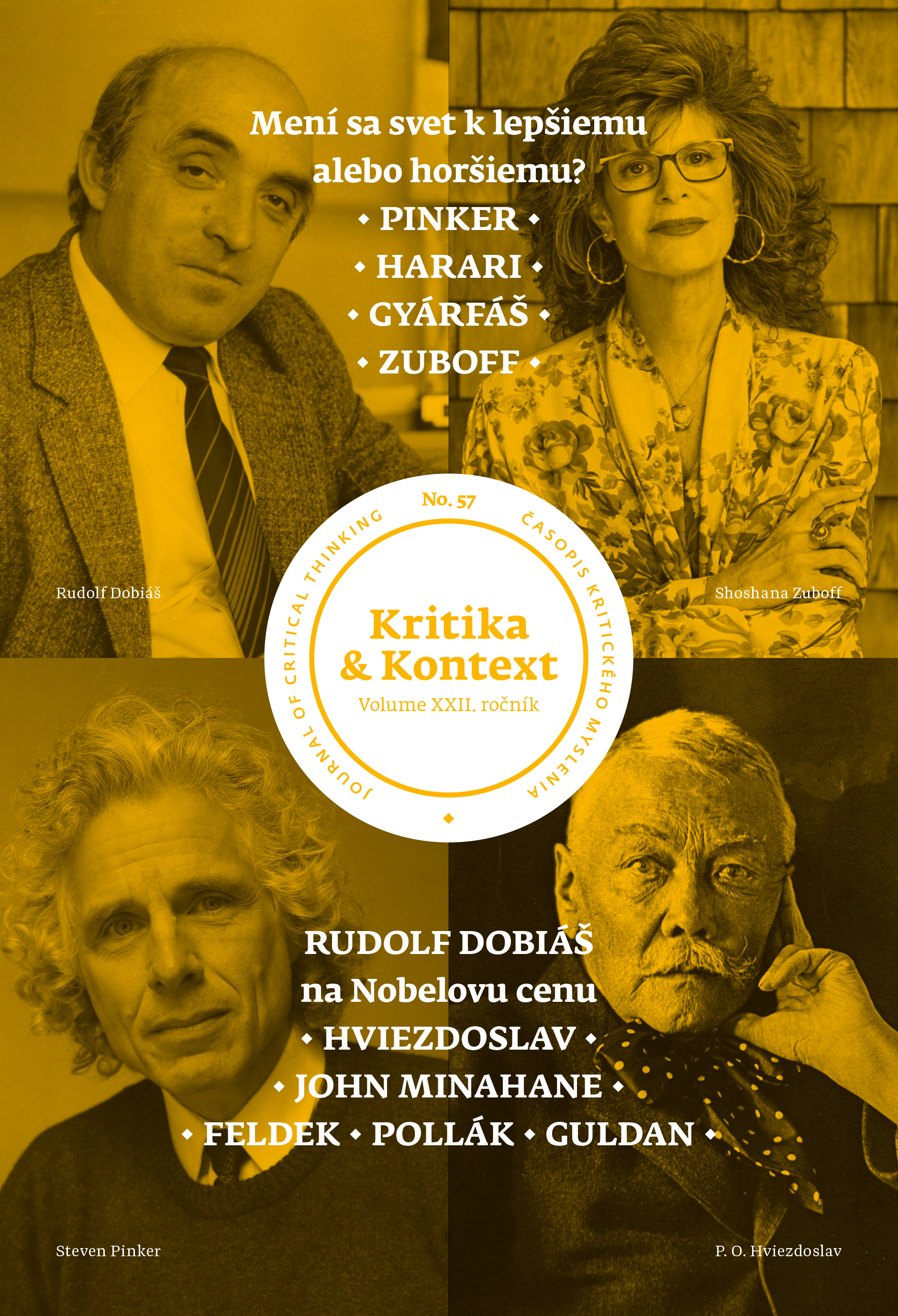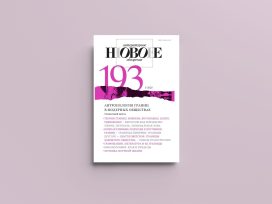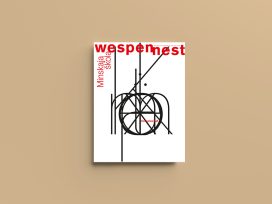Kritika & Kontext (edited by Egon Gál and Martin Takáč) argues that the world is getting better and worse simultaneously. We are wealthier, healthier, freer and more literate, and yet we are no happier than previous generations. In the most affluent and advanced countries, frustration is rife and mental illness surging. Nostalgia combines with fears of the future. Distrust of institutions is on the rise and many voters feel deceived, manipulated and helpless.

Contributors reflect on the impact of inequalities on society, reasons for social polarization, and the role of new technologies. Although their views differ in many respects, there is a consensus that the problems of today are enormous but not insurmountable.
Literature
A literary section edited by Ľubomír Feldek, the prominent Slovak poet, writer and translator of Shakespeare, includes an excerpt of an English translation of Pavol Országh Hviezdoslav’s Bloody Sonnets (1914/1919). According to translator John Minahane, this work about the horrors of WWI is ‘first-rate poetry hidden in a minor language’.







